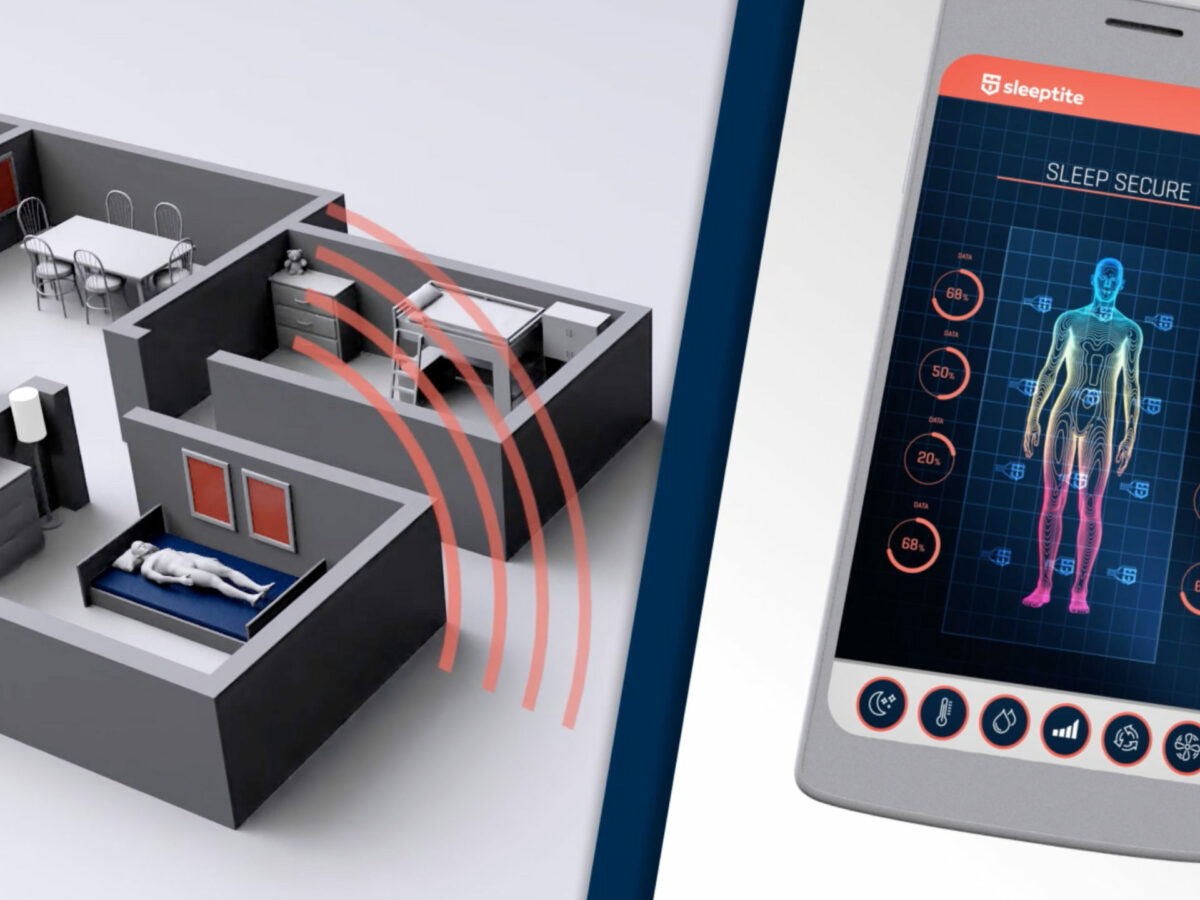Australian company announces world-first sleep research trial using its sensor system

Sleep monitoring technology company Sleeptite has announced “a world-first sleep disorder diagnosis evaluation and monitoring trial” in partnership with Flinders University and RMIT University researchers.
The “REMi Sleep Diagnosis Evaluation Trial” will use Sleeptite’s REMi product — a non-invasive sleep monitoring system with sensors, data analytics and user interface — which was launched in March.
Sleeptite said the trial would see the platform tested as a sleep disorder validation tool.
“When we set out to develop REMi, our entire collaboration team knew we had a product that had the potential to provide sleep diagnostic information outside of an aged care setting,” said CEO Cameron van den Dungen, adding that a recent report found sleep disorders affected one in ten Australians and represented an annual cost calculated at $14.4 billion to the national economy.
“I am so excited to see further scientific research show how the Sleeptite REMi platform can be used as a sleep diagnostic tool to determine sleep disorders such as sleep apnoea.”
The trial will involve 30 participants, is expected to run for six months, and will take place at Flinders University’s Adelaide research centre. Results will be compared against polysomnography (PSG) results, “which are considered the current industry gold standard for sleep evaluation,” said Sleeptite.
“Our research aims to prove that the Sleeptite REMi sensors give a reliable measure of sleep quality and sleep disorders, which will ultimately lead to new apps to help consumers improve their sleep health,” said project lead Associate Professor Andrew Vakulin.
It will involve:
- further sensor capability testing of the REMi sensors;
- identifying key sleep-related parameters;
- establishing relationships between sensor signals and sleep measurements; and
- developing an algorithm that will recognise sleep quality
According to the company, REMI can detect a person in bed, as well as “vital information about their position on the mattress which will allow them to detect signs of abnormality or potential health risks, such as their state of sleep or distress, as well as providing valuable insights in the understanding or prevention of falls.”
The product uses flexible electronic sensors developed by RMIT engineering professor Madhu Bhaskaran’s research team. It is the result of a CRC-P round 5 project announced mid-2018, involving RMIT, Sleeptite and Sleepeezee Bedding Australia, and designed to provide “valuable insights for the aged care workforce.”
Picture: supplied
Subscribe to our free @AuManufacturing newsletter here.
Topics Technology
@aumanufacturing Sections
Analysis and Commentary Awards casino reviews Defence Gambling Manufacturing News Online Casino Podcast Technology Videos

